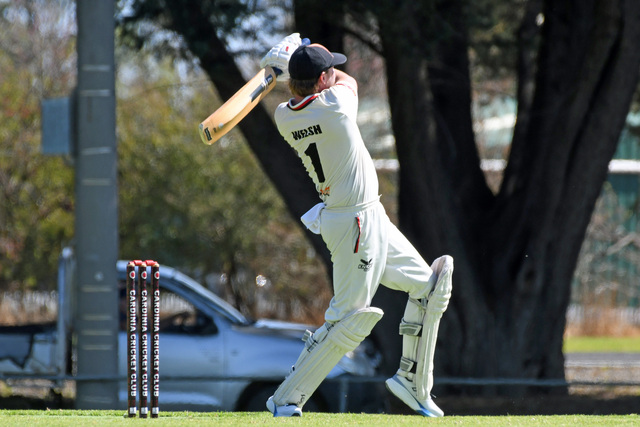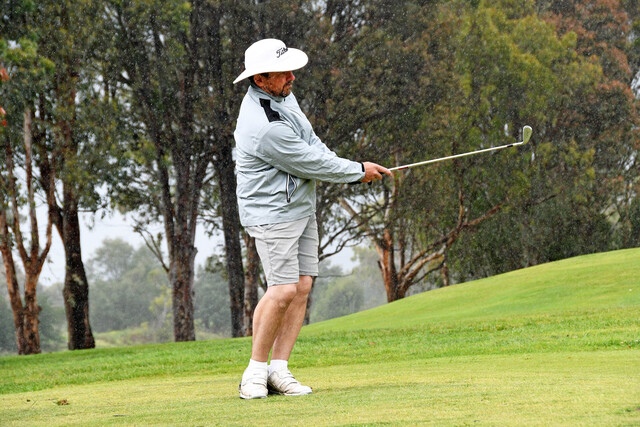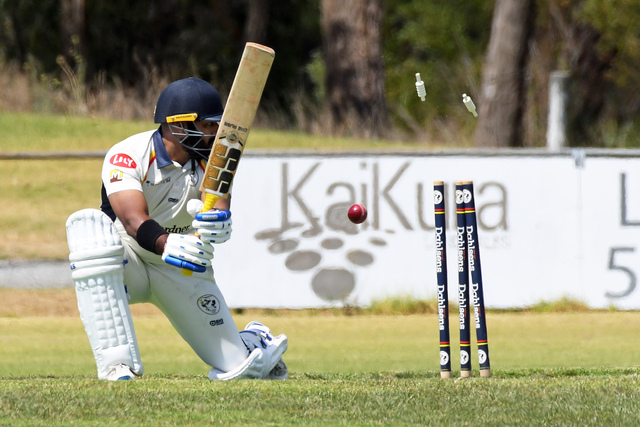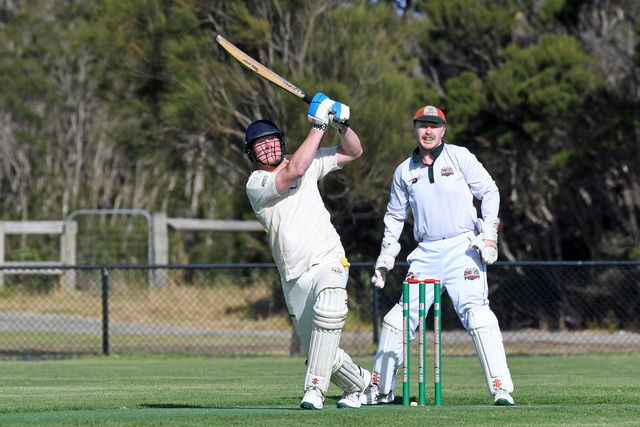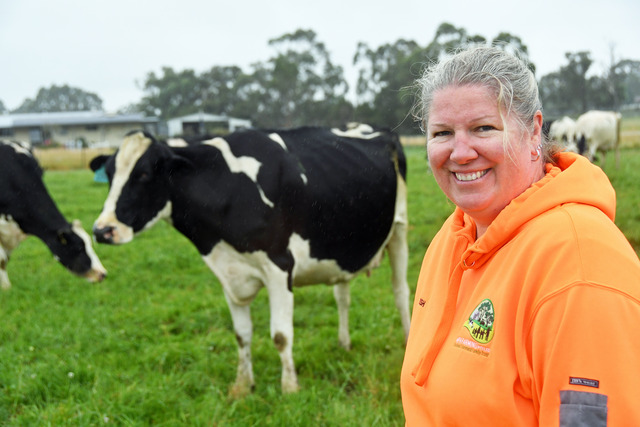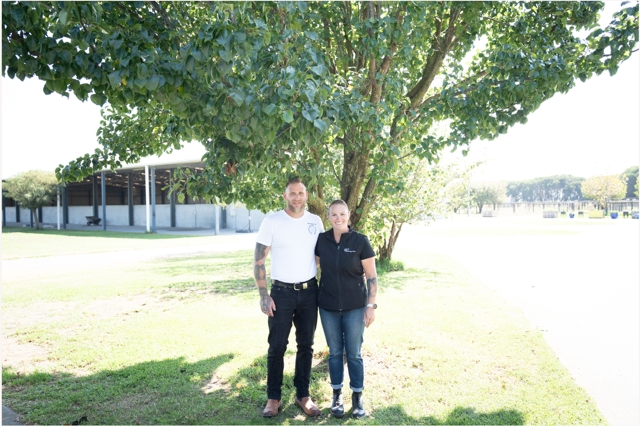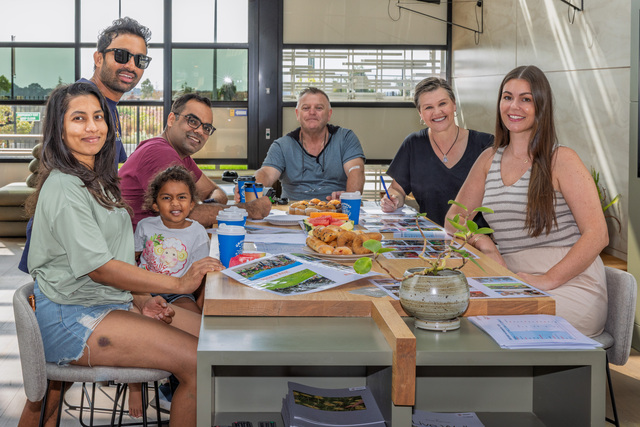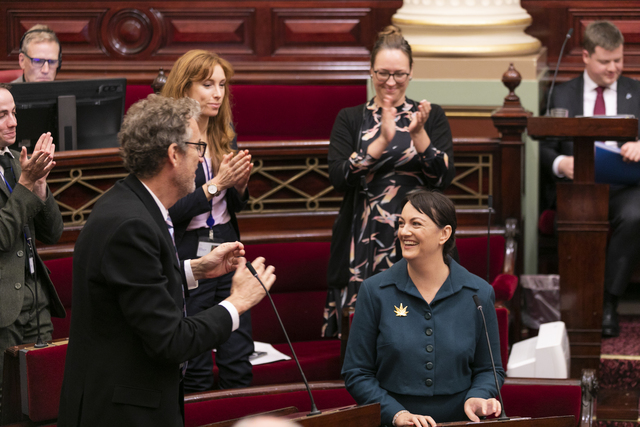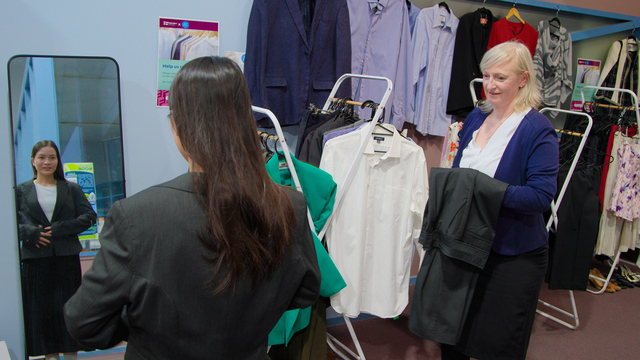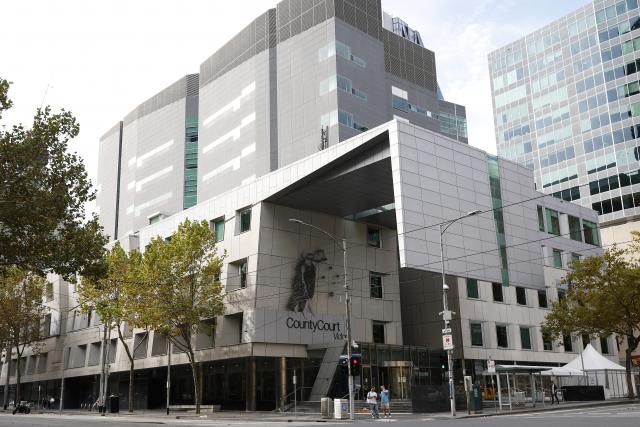Genetics Australia is celebrating a record-breaking year and its best financial performance for more than two decades.
On the back of strong industry outcomes, the Genetics Australia group has posted a $861,210 after-tax profit from $16,829,051 revenue in 2021-22.
The cooperative’s revenue increased from $13,670,141 and the profit jumped from $191,511 the previous year.
Semen collection reached record levels with more than 1.2 million units produced during the financial year.
The group net assets remain strong at $16,617,669, an increase of $914,757 over 2020-21.
CEO Anthony Shelly and chairman Trevor Henry told the Genetics Australia annual general meeting on 22 November that it had been one of the cooperative’s most successful periods in its 65-year history.
“From both financial and business performance perspectives, GA has had an exceptional year, reflecting the strong state of our livestock industries and the quality of our team and our products,” Mr Shelly said.
He added that much of the success has been driven by the purchase of TLG and the economies of scale and efficiencies resulting from that investment.
“We have confirmed our status as Australia’s number one producer of semen and sales have been strong across all facets of our business,” Mr Shelly said.
During the financial year, Genetics Australia completed the last part of its TLG investment with the $6.8 million purchase of an additional 485 hectares at Glenormiston.
“This is a significant strategic investment in the future of the co-operative,” Mr Shelly said.
The sale of the Parwan Park property at Bacchus Marsh was formally settled during the year, ending an historic connection to the region.
“This land was part of the foundation of Genetics Australia but the decision to concentrate and consolidate our operations in south-west Victoria is already paying dividends,” Mr Shelly said.
The cooperative retains an office with an administrative team and merchandising distribution on the Parwan Park South property.
Demand and production remain strong.
“When we purchased TLG, we set an ambitious target of producing 100,000 units of semen per month and we have already surpassed that milestone, finishing the year in excess of 1.2 million units,” Mr Shelly said.
Genetics Australia also maintained its push into international markets, appointing STgenetics-New Zealand as its exclusive distributor in New Zealand and significantly expanding export markets in Pakistan.
Mr Henry said Genetics Australia should be proud of the cow it had helped develop in Australia over the past 65 years, but not rest on its laurels.
“While industry forecasts remain strong in the short to medium term, we remain exposed to the highs and lows of Australian agriculture as drought and floods will continue and competition will remain strong,” he said.
“The acquisition of TLG is already a success and will have long-term benefits for our cooperative. We continue to look for partnership and investment options both locally and internationally to support our breeders.”
Mr Henry also highlighted Genetics Australia’s focus on sustainability in its product development and business operations.



